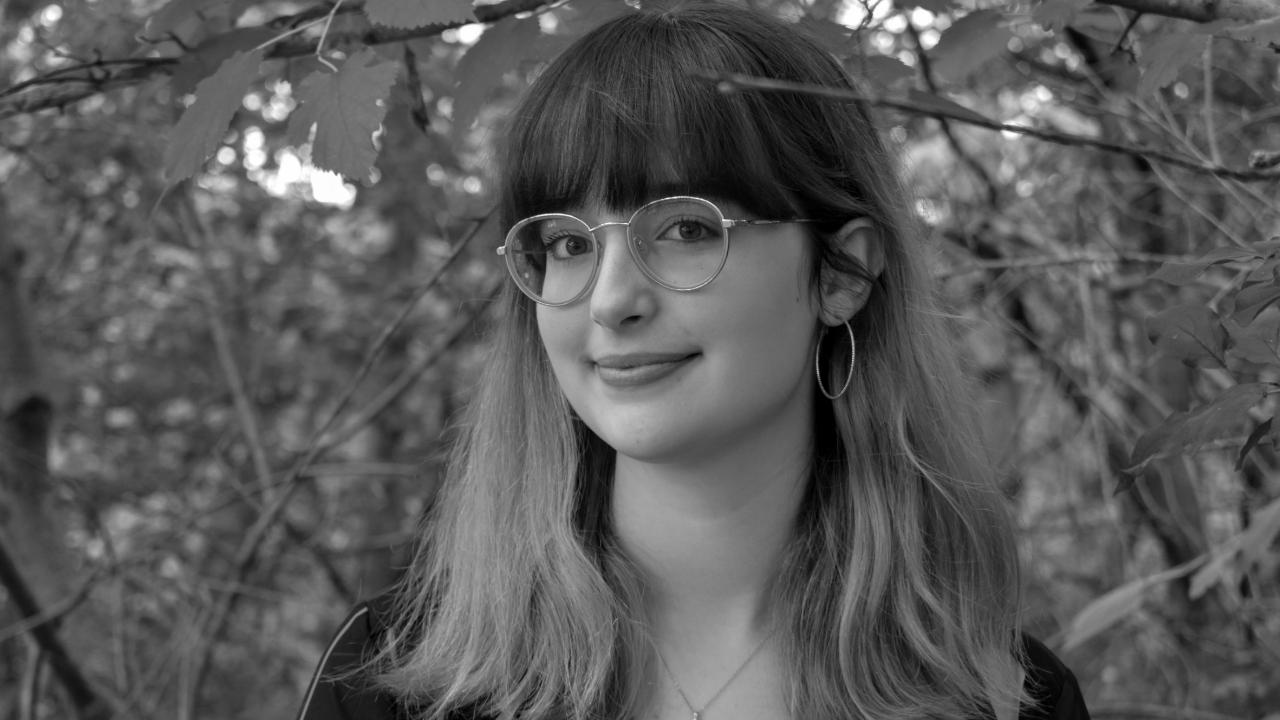
The daily challenges that women face have become much more apparent to me as I grew into an adult. But what also became more apparent to me was the impact that so many women have in the world — and specifically in my life — and how these women are the ones who have helped so many include me through difficulties.
My idea of womanhood has been shaped by the many women in my life who have shown me every day what kind of courage and love women have the potential to hold. In raising me, they have taught me how to someday be a compassionate mother, aunt, and grandmother.
For example, my sister helped me find my voice. The way she carries herself has taught me how to be an independent woman who stands up for herself.
My friends who are women have shown me the many unique and different examples of how women can act, which has given me the confidence to be completely true to myself.
My female professors, such as Kay Hannahan, have not only taught me all I know, but have helped me form goals for my career. Seeing their passion and commitment to their work is exactly the type of woman I aspire to be.
As Women’s History Month comes to a close, I want to take a moment to recognize all these women who have shaped who I am and who I am becoming. These women and so many more have paved the way for me to become the best version of myself.
Many women are paving the way for others right at Winona State University. Check out their stories and learn how these strong figures are making a difference in the WSU community. The personal stories have been lightly edited for clarity.
McKenna Scherer ‘22
McKenna Scherer is a senior at WSU studying Journalism with a minors in Public Relations and Film Studies. Scherer is the current Editor-in-Chief at The Winonan and has also held the positions of features reporter, news editor, and photographer.
When I first joined The Winonan I had zero intention of ever taking a leadership position, and every intention to learn what it means to be a for-the-people student journalist.
Over the last nearly four years though, I believe I have accomplished what I had originally set out to do, as well as so, so much more.
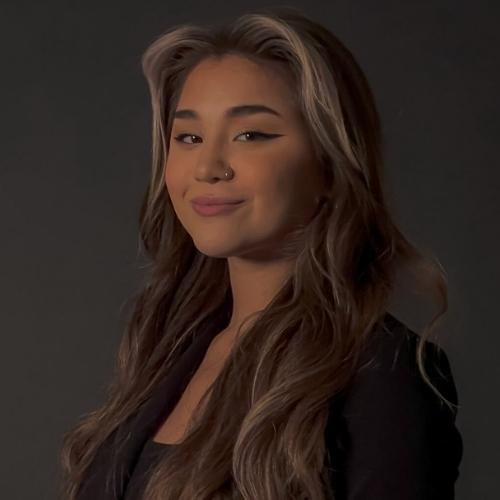
Not only is journalism a male-dominated field, but it is a very white field as well. As a young, first-generation Asian American who identifies as a woman, I have no illusions surrounding the prejudices and conscious or unconscious biases I have and will encounter in the media field. However, I know I am just as capable as anyone else.
I have a bit of a “smart mouth” as my family has told me, and I fully intend to use it to get me into every space I should be in and every space that systems of power may not want a journalist in, let alone a female, POC journalist.
My gender is the least interesting thing about me–about anyone, really–but that doesn’t mean I don’t absolutely love being a woman. For me, being a woman is incredibly empowering. Owning the space I take up and loudly doing so, brings me great joy.
As a feminine person, I am who I am, I look how I do, and I act how I do, first and foremost for myself.
I spent much of my adolescent years caring so much about what other people thought of me, worrying I would be noticed, worrying I wouldn’t be noticed… it’s exhausting the kinds of pressure women typically put on themselves, let alone the expectations of others.
I have found freedom in learning to love who I am, and who I will become. To be a woman is to be fierce and soft, firm and empathetic, intelligent, empowering, unpredictable, as well as everything all at once, too much and never enough at the same time.
I love being a woman.
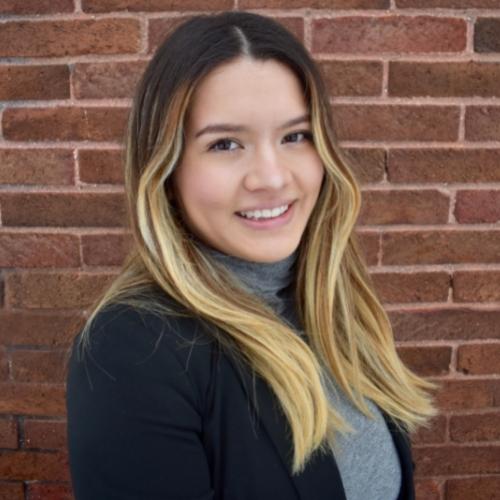
Meriel LaForce ‘23
Meriel LaForce is a graduate student in the Clinical Mental Health Counseling program at WSU. LaForce received the 2022 Newman Civic Fellowship for her advocacy work with transgender students, women, and people of color.
“Through my work, I advocate for women, BIPOC students, first generation college students, immigrants, LGBTQ+ students, and anyone who identifies as a member of a marginalized group because representation matters and simply put, our voices need to be heard.
I am happy that WSU has fostered opportunities for me to be the advocate that I want to be for women.
Most recently, I am a student equity consultant for Equity 2030, a research project centered around understanding the experiences of BIPOC students at WSU to create a more inclusive campus.
I have always looked up to my mother from a young age. She did the bravest thing and immigrated to the U.S. from Guatemala to work and make money to pay for cancer treatment for her mother back in Guatemala. That story has always been something I have admired because my mom’s bravery has influenced and shaped me as a woman, sister, and individual. I hope to be as brave and strong as her one day.
I identify as a cisgender woman, and I know that there is privilege with being cisgender. With that being said, to me being a woman is about being myself and being a good role model to my younger sisters and other women – like my mom was for me. It has made me stronger as an individual and it has boosted my confidence in myself.
I have experienced my fair share of discriminatory experiences for being a Latina woman, which has made me want to change this for myself and others through advocacy.
In the midst of that discrimination, I am proud to be a woman of color and I am proud for the advocacy work that I have done so far. I am proud that I have made my younger sisters proud and have helped them grow into the wonderful young women that they are today.
I know I will continue to advocate for women, as well as other marginalized groups and individuals, for the rest of my life.
Student Senate Executive Board
The current Student Senate Executive Board, consisting of President Kaitlyn Mercier ‘22, Vice President Malorie Olson ‘23, and Treasurer Kaileigh Weber ‘23 is the first all-female team in WSU history.
We are honored to be the first all-female executive board and feel that this is a step in the right direction for our organization and the university but the work is far from done.
We still need to work together to elevate diverse voices such as women of color, transgender women, etc.
Although we are so proud to be a part of the first all-female executive board and cabinet team for the organization, it should have happened many years ago.
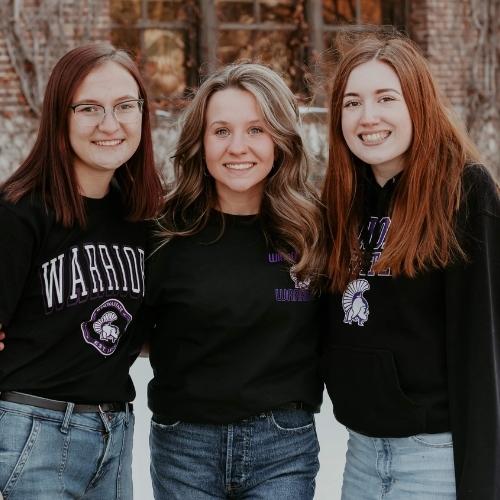
We think it is important for WSU to see that three women can lead the Student Senate just as effectively as any previous Executive Board.
We are all very passionate about our work, and we don’t take no for an answer. We are all strong advocators for our peers, we have different things that we are passionate about, and we all support one another to get our projects done.
Being a woman means being ourselves, even if others tell us differently. It’s about being seen as a human, not as the stereotypes put on to women throughout history. We can speak up for ourselves and others
We are so grateful to be able to serve WSU students in the way that we do every day. It is so rewarding to see projects being carried out either by ourselves or within Senate and be able to say we lead this amazing group.
Making history at Winona State is something that will always stay with us.
Faculty Spotlight
Through building the Women’s, Gender, and Sexuality Studies program at WSU, professors Dr. Tamara Berg and Dr. Colette Hyman bridged classroom theories with community activism to ensure all voices are heard.
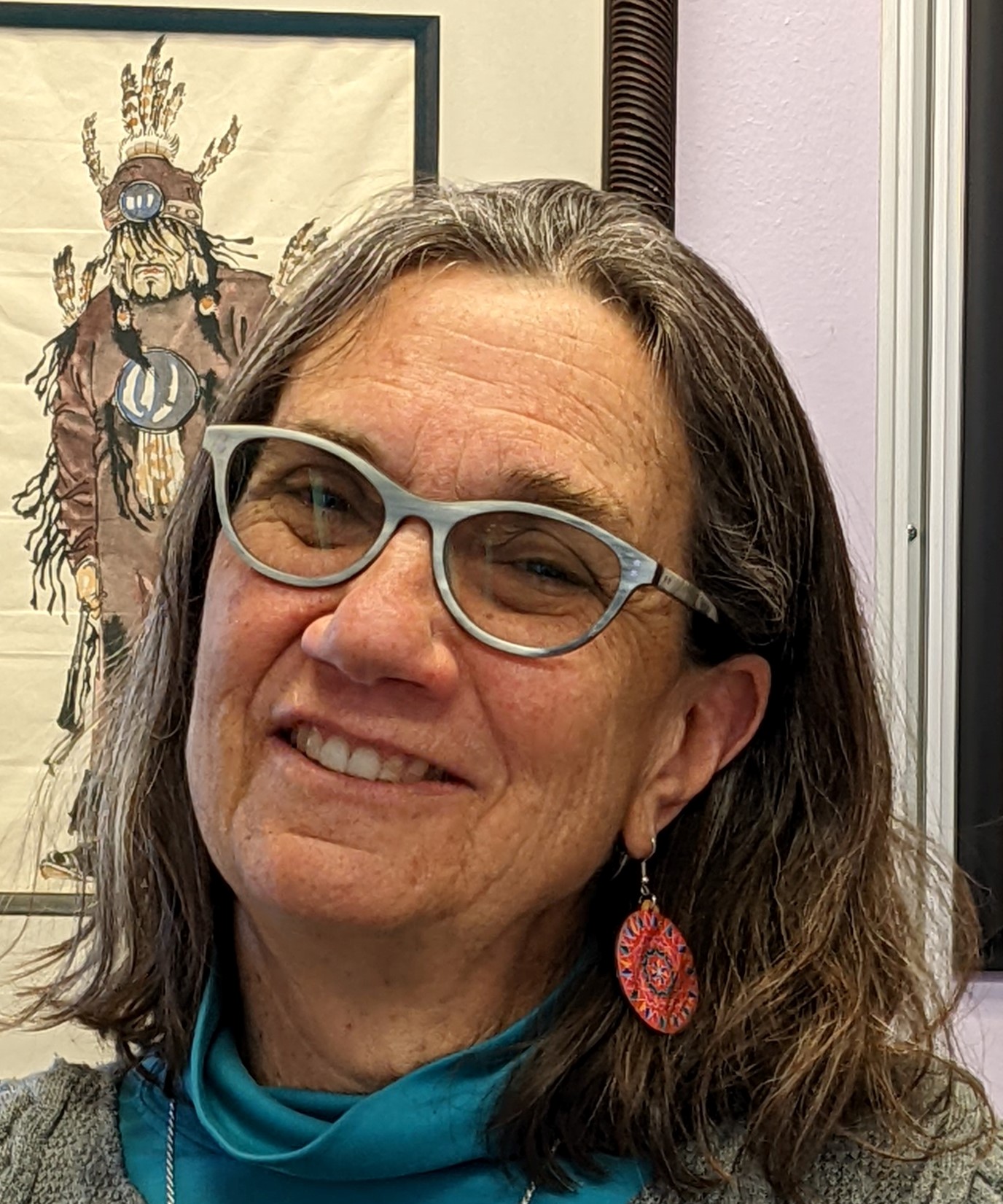
Dr. Colette Hyman
I started at WSU as a women’s history professor. During my interview at WSU, the dean asked me if I had any interest in starting a Women’s Studies program, and I said yes.
Faculty members were supportive and approved of this decision without hesitation. Now, the Women’s Studies faculty are an essential part in contributing to the life of the university beyond the classroom.
One of the identifying characteristics of the program is it comes out of a political movement.
Students must complete community engagement work that is committed to bringing programming to campus that focuses on sexuality, power, and other issues.
These programs create places where women, non-binary individuals, and the LGBTQ+ community feel safe and welcomed. It’s where they see themselves in content and material in ways they don’t in other curriculum.
The Women’s, Gender, and Sexuality Studies program that we built provides an essential opportunity for putting issues of gender and sexuality and experiences of women at center of teaching and learning.
The experience of being a woman is all very socially constructed. It’s nurture as opposed to nature. And it’s important for all of us to understand that our gender identity is only part of our identity. There are a lot of people who identify as women who aren’t always recognized as women. To create a safer environment for all individuals, we have to bring this into the curriculum.
Women’s, gender, and sexuality is an invaluable program to our community in so many different ways. I hope that it can continue to work on its behalf and ensure its strength.
Dr. Tamara Berg
When I started college, things looked really different.
But back then I had a whole string of women who mentored me along the way.
I would have never gone to graduate school without the professors who guided me.
Now as a professor, I take the role very seriously. And not just in mentoring women, but all students.
As I took over the Women’s, Gender, and Sexuality Studies Program at WSU and worked to grow the program, I learned early on that the reason I love teaching is because it is all about critical thinking.
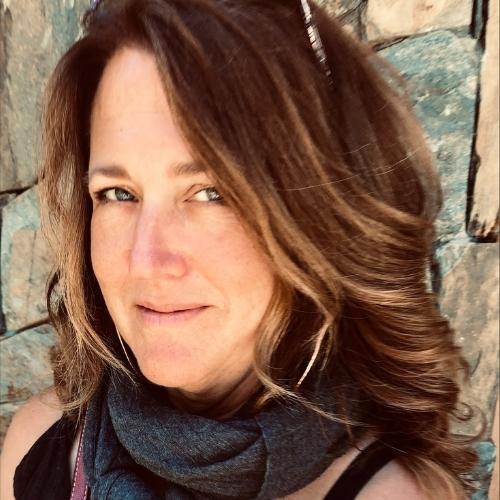
The Women’s, Gender, and Sexuality Studies Program and the way that it has evolved is such a crucial component of the university.
It brings three fields of inquiry into conversation in order to engage critical analyses ranging from the personal to the global at the intersections of sex, gender, sexuality, race, class, ethnicity, and ability. WGSS is always evolving.
It is important for us to stand up and acknowledge that these are crucial topics for a university.